-

What Is Socially Responsible Investing?
Socially responsible investing lets people put their money into companies that align with their personal values.
-

A Tiered Investment Strategy
Find out how a tiered investment strategy can help balance income and growth objectives.
-

Saving for College with a 529 Plan
Find out how a 529 savings plan can help you save for college.
-

Handling Market Volatility
These three actions can help you stick to a long-term investing strategy when markets are volatile.
-

The Sandwich Generation: Caught in the Middle
Members of the sandwich generation often face financial and emotional stress — here are four tips to help cope.
-

Leaving Your Employer? Don’t Forget Your Retirement Savings Plan
When leaving your employer you’ll need to decide what to do with the money in your retirement savings plan.
-

Digital Deception: Watch Out for Cybercrime
As online commerce and recordkeeping have expanded, so has cybercrime.
-

Decrypting Crypto: Terms to Know
Interested in crypto? Here are terms you should know.
-

Curious About NFTs? Here's an Introduction
Curious about NFTs? Here an introduction to these unique digital assets.
-

ETFs vs. Mutual Funds: What's the Difference?
Do you know the key differences between ETFs and mutual funds?
-

Your Retirement Savings Plan Comes with Tax Benefits
Did you know your workplace retirement plan can help you manage your tax bill, both today and in the future?
-
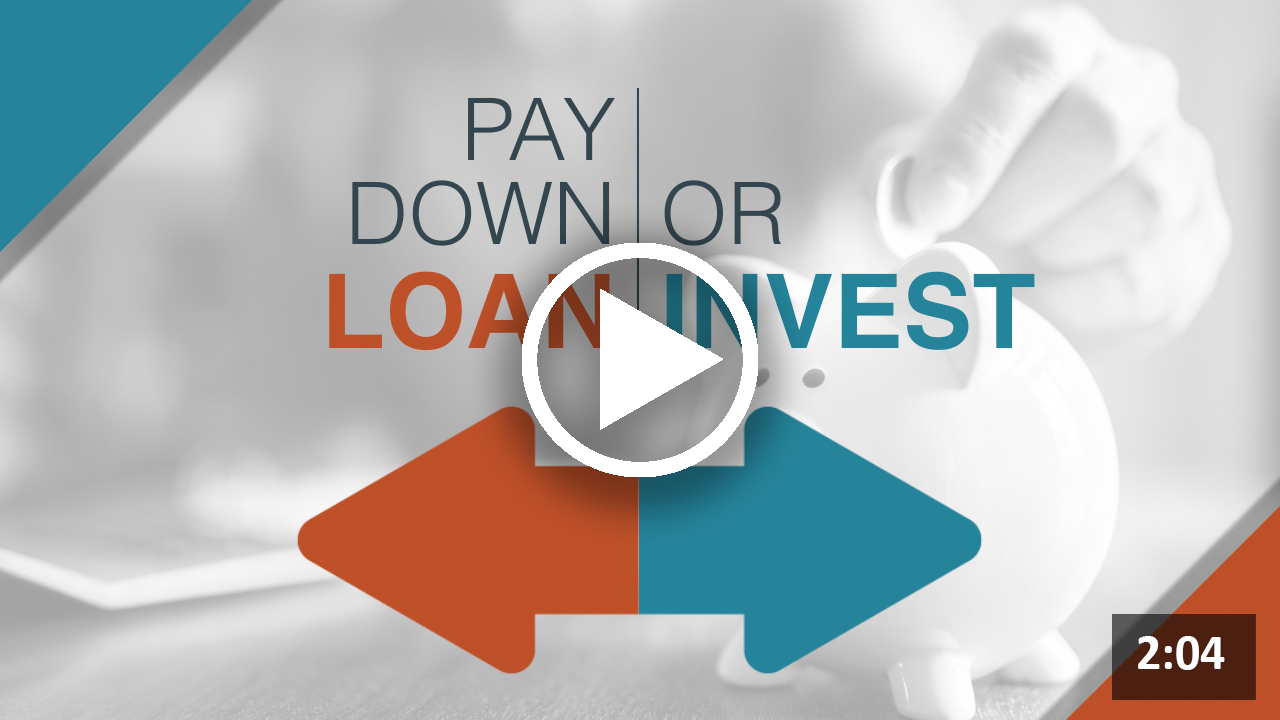
Learn how to analyze whether to pay down a loan or invest extra funds instead.
-

Cryptocurrency: An Introduction
Do you know how cryptocurrency works?
-

Securities-based lending allows securities in an investment portfolio to serve as collateral for a loan.
-

The Road to Retirement Can Begin at Work
A workplace retirement savings plan offers three key benefits.
-

Secure 2.0 Act Seeks to Boost Retirement Readiness
The SECURE 2.0 Act seeks to help Americans of all ages save and plan for retirement.
-

The Cost of Waiting to Invest: Effect on Your Wallet Today
See how much you would need to save each month at ages 25, 35, 45, and 55 to reach $1 million at age 65.
-

The Cost of Waiting to Invest: Effect on Your Wallet Tomorrow
Find out how much you could end up with at age 65 by saving a fixed amount at ages 25, 35, 45, and 55.
-

Find out how a Roth IRA can help you build a source of tax-free retirement income.
-

Wealth-Building Strategies for HENRYs
Are you a HENRY? Consider these three strategies to help build your wealth.
-

What Is the 4 Percent Rule?
The 4% rule is a common guideline for how to withdraw money from your retirement portfolio — here’s how it works.
-

How to Be a Better Investor
Here are six investing principles that may help you become a better investor.
-

Navigating Your Social Security Statement
Your personal Social Security statement contains estimates of your retirement, disability, and survivor benefits.
-

4 Money Mistakes You Might Be Making
Avoiding these four money mistakes can help you survive, even thrive, in any economy.
-
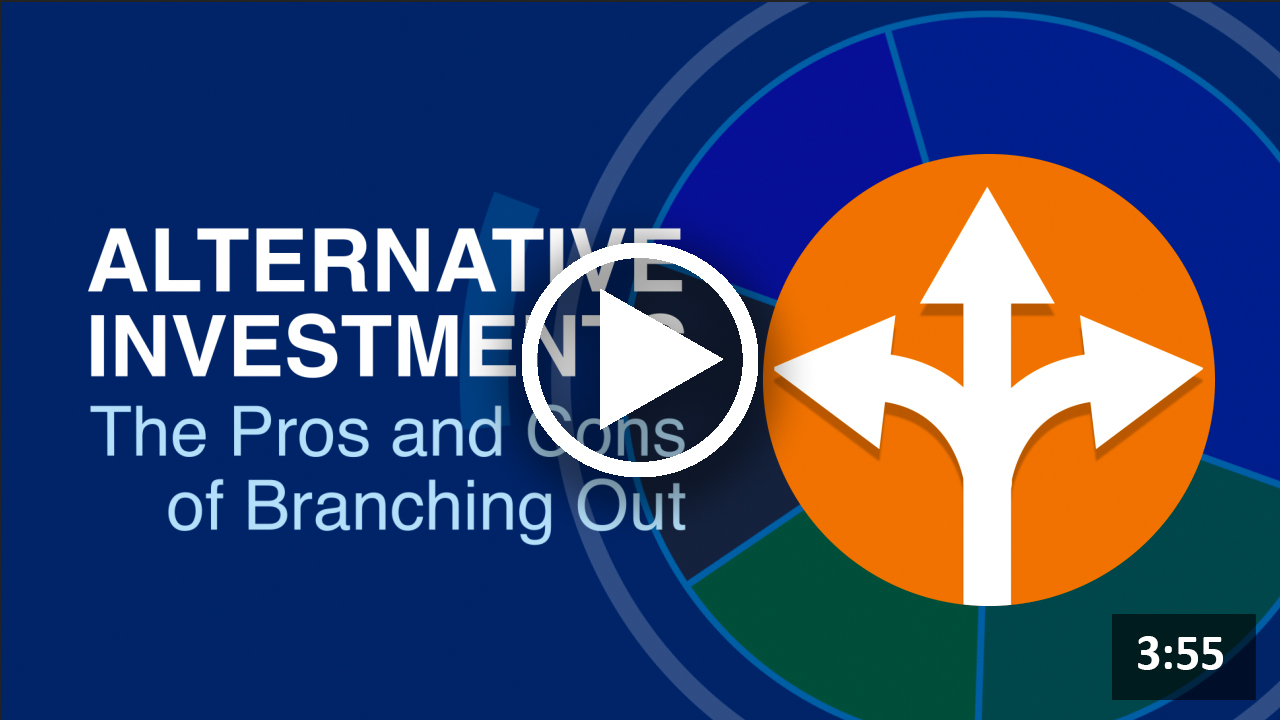
Alternative Investments: The Pros and Cons of Branching Out
Alternative investing involves assets and strategies that go beyond the traditional mix of stocks, bonds, and cash.
-

What Is a Financial Wellness Plan?
A financial wellness plan is a strategy that strives to address four key objectives.
-

2025-2026 FAFSA Opens December 1
The 2025–2026 FAFSA is set to open on December 1, the second year in a row it’s been delayed beyond October 1.
-

Social Security 2025 COLA Is the Lowest in Four Years
The Social Security Administration has announced a 2.5% COLA for 2025 – the smallest increase since 2021.
-

Staying on Top: 5 Tips for Maintaining a Strong Credit Score
Learn the factors that go into determining your credit score and five tips to maintaining a good score.
-
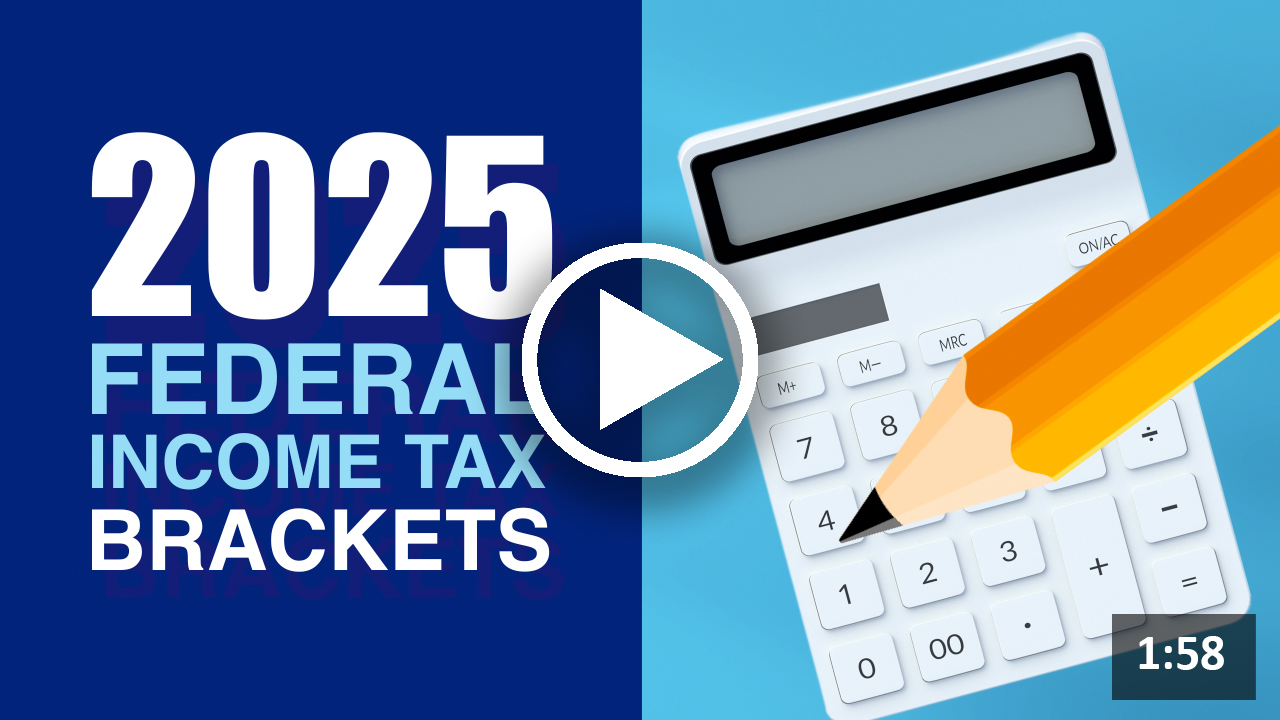
2025 Federal Income Tax Brackets
Here are the 2025 federal income tax brackets.
-

Getting Your Financial House in Order: Examining Your Relationship with Money
Everyone has a relationship with money—what’s yours?
-

Getting Your Financial House in Order: Taking Inventory
Understanding your income and assets can help you identify your cash flow and track your net worth over time.
-

Getting Your Financial House in Order: Budget and Spending Plans
These two budget strategies can help you plan what you will do with your money.
-

Getting Your Financial House in Order: Do I Really Need an Emergency Fund?
Learn why it’s important to have an emergency fund and how to build one.
-

Should You Pay Off Debt or Save for Retirement?
Should you pay off debt or save for retirement? That’s a good question. These points may help you decide.
-

Should You Sell When the Market Drops?
The stock market can take investors on a wild ride. Should you consider selling your stocks when the market drops?
-

3 Potential Benefits of Dollar-Cost Averaging
Dollar-cost averaging is a disciplined investing approach and is one way to ride out market fluctuations.
-

The Basics of Social Security Retirement Benefits
How much do you know about your Social Security retirement benefits?
-

Financial Planning: Helping You See the Big Picture
Financial planning is a process that can help you reach your financial goals by evaluating your whole financial picture.
-
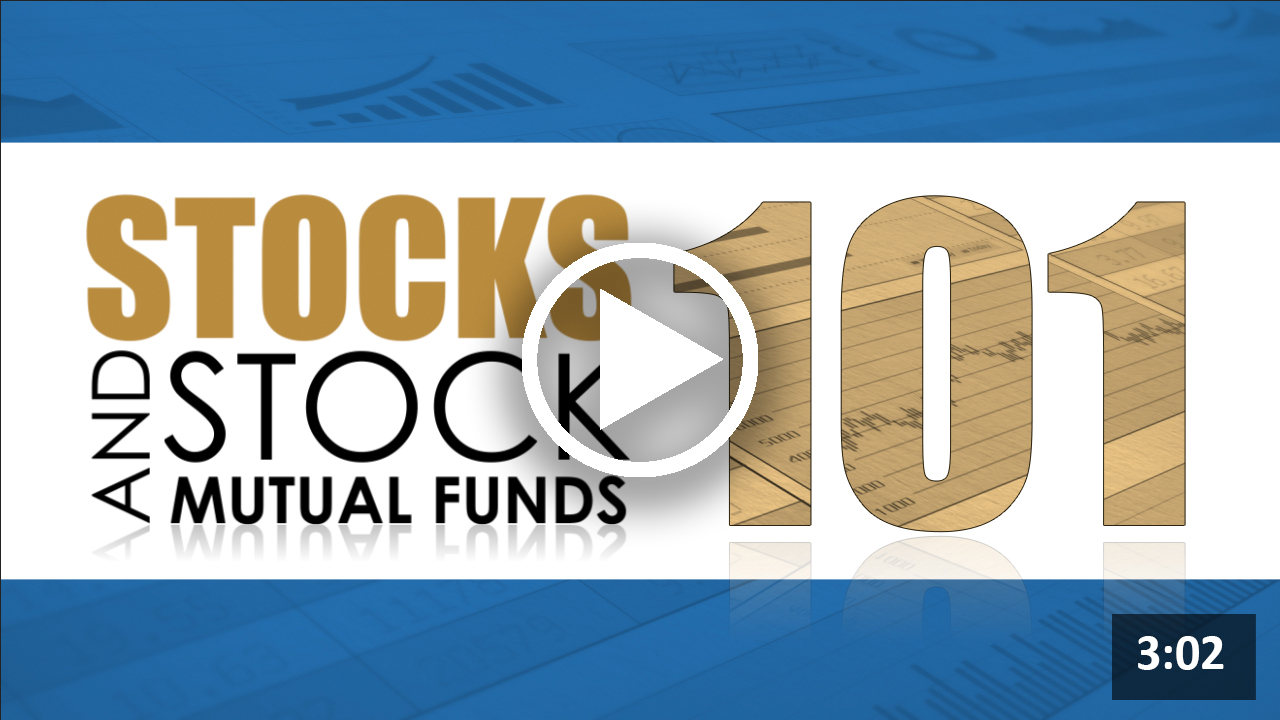
Stocks and Stock Mutual Funds 101
Investing in stocks and stock funds can help you pursue financial goals, but consider the risks and rewards first.
-
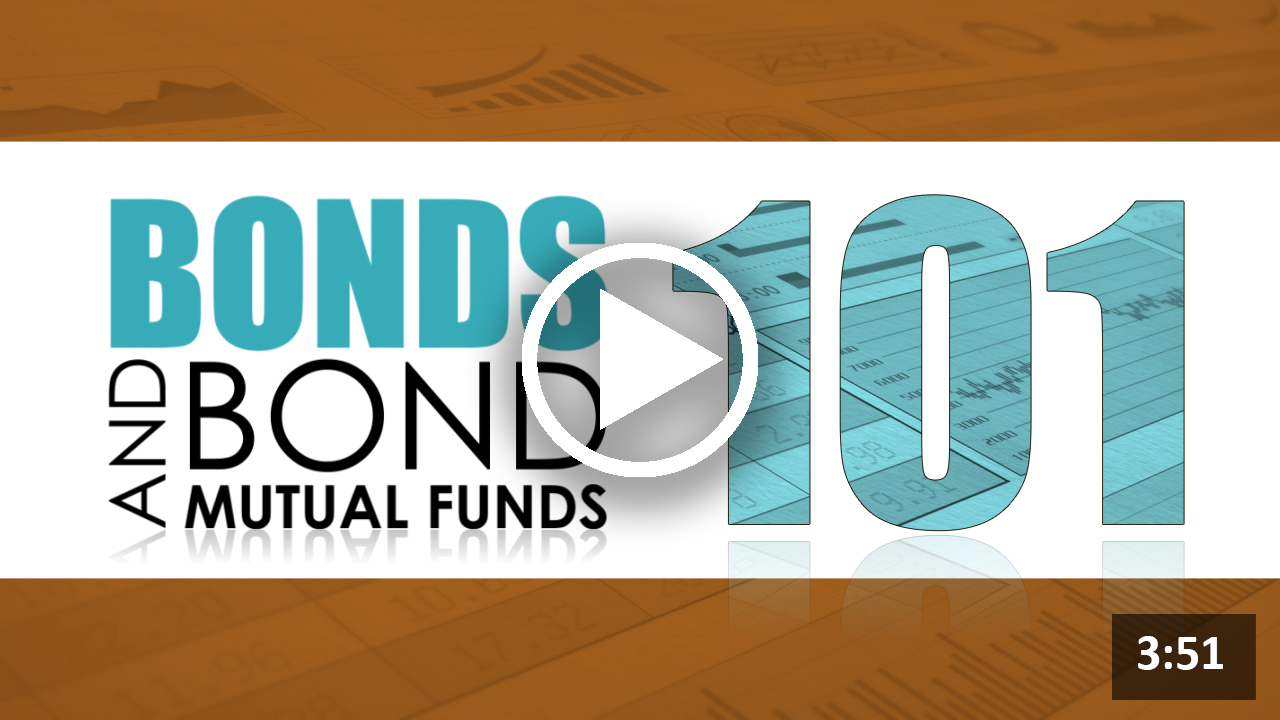
Bonds and Bond Mutual Funds 101
Investing in bonds and bond funds can help you pursue financial goals, but consider the risks and rewards first.
-
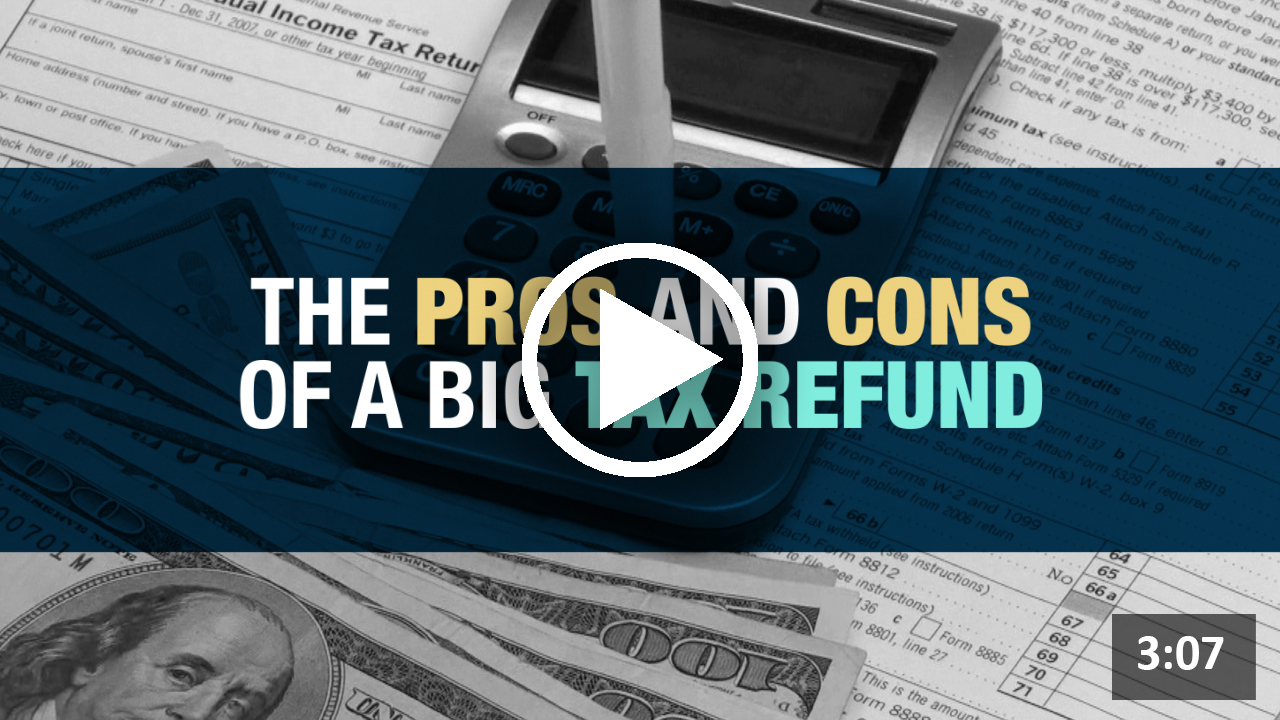
The Pros and Cons of a Big Tax Refund
Is receiving a big tax refund a reason to celebrate?
-

Are Your Investment Decisions Influenced by Emotions?
Consider how emotions, such as excitement and fear, can cause you to make counterproductive investment decisions.
-

6 Reasons to Work with a Financial Professional
Here are six reasons to work with a financial professional no matter what life stage you’re in.
-

Women and Money: Taking Charge of Your Financial Future
On their path to financial security, women often face unique financial obstacles.
-

Putting Together the Retirement Income Puzzle
What key pieces will make up your retirement income puzzle?
-

Social Security: When Should You Claim Retirement Benefits?
The amount you'll receive in retirement from Social Security can vary depending on the age when you claim benefits.
-
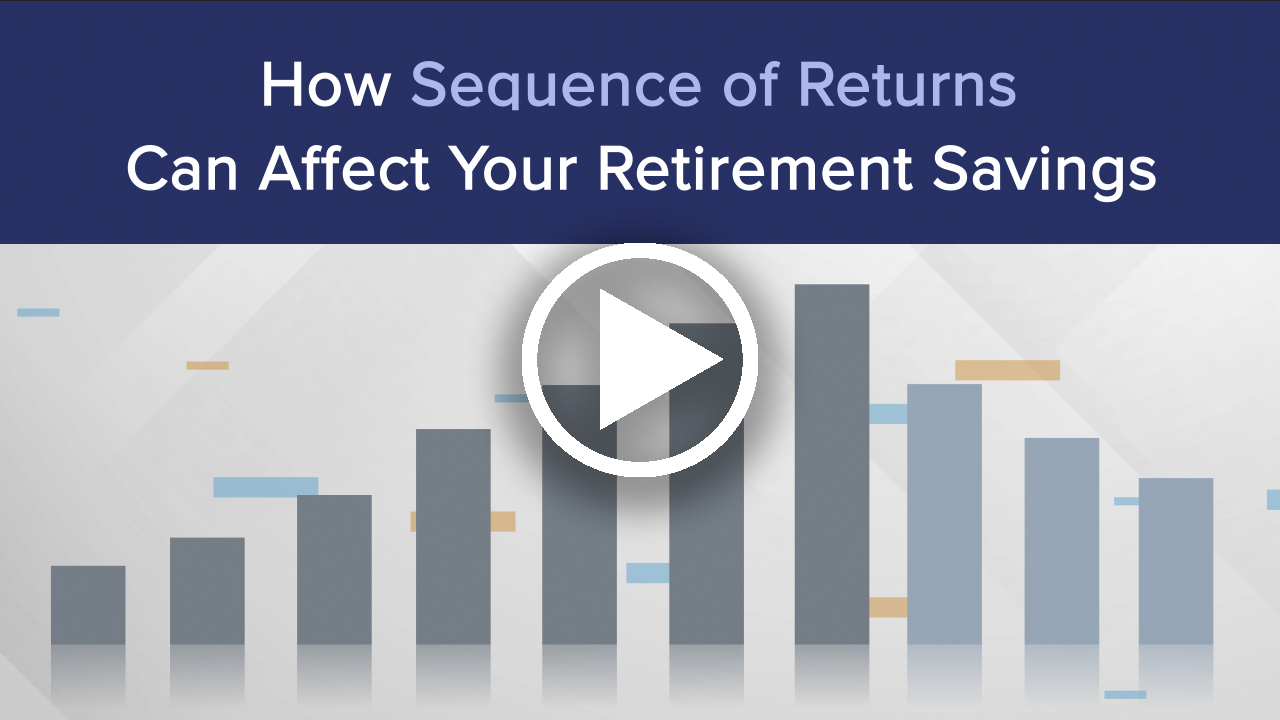
How Sequence of Returns Can Affect Your Retirement Savings
Did you know that the sequence in which you earn investment returns can affect how much you end up with?
-
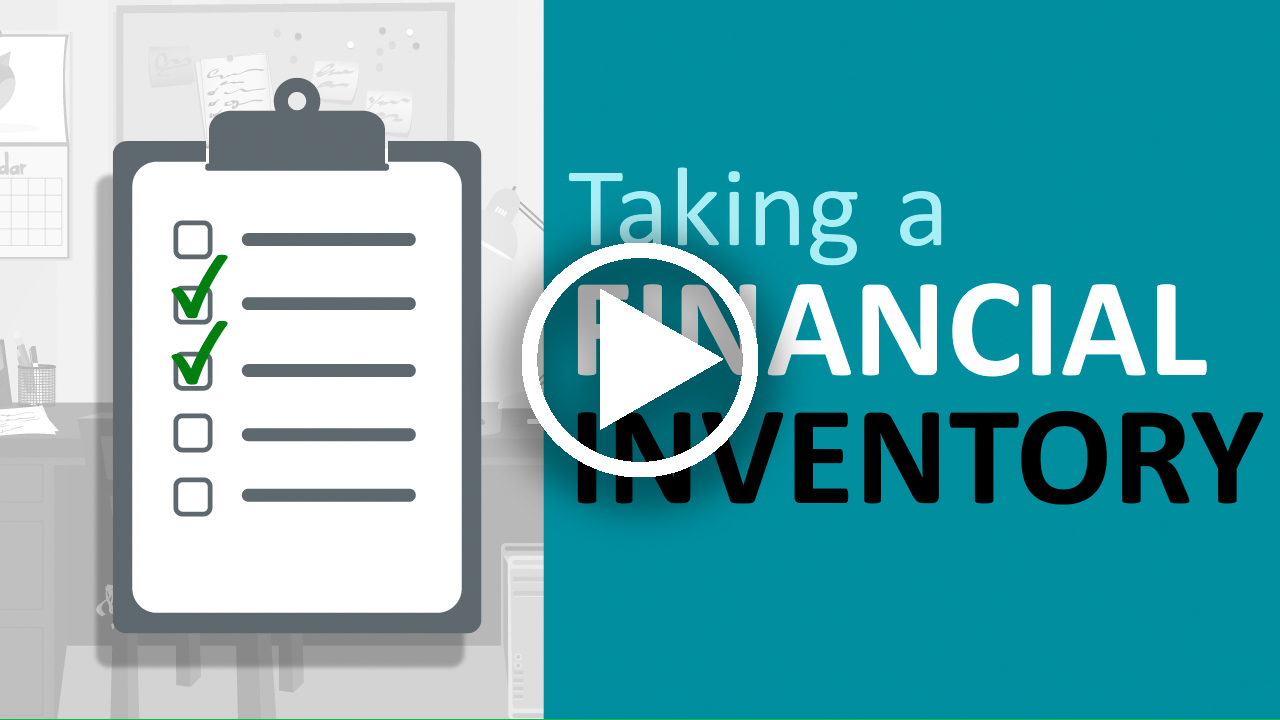
Taking a Financial Inventory
A financial inventory can be done by anyone at any time. It's a good step to getting your financial house in order.
-
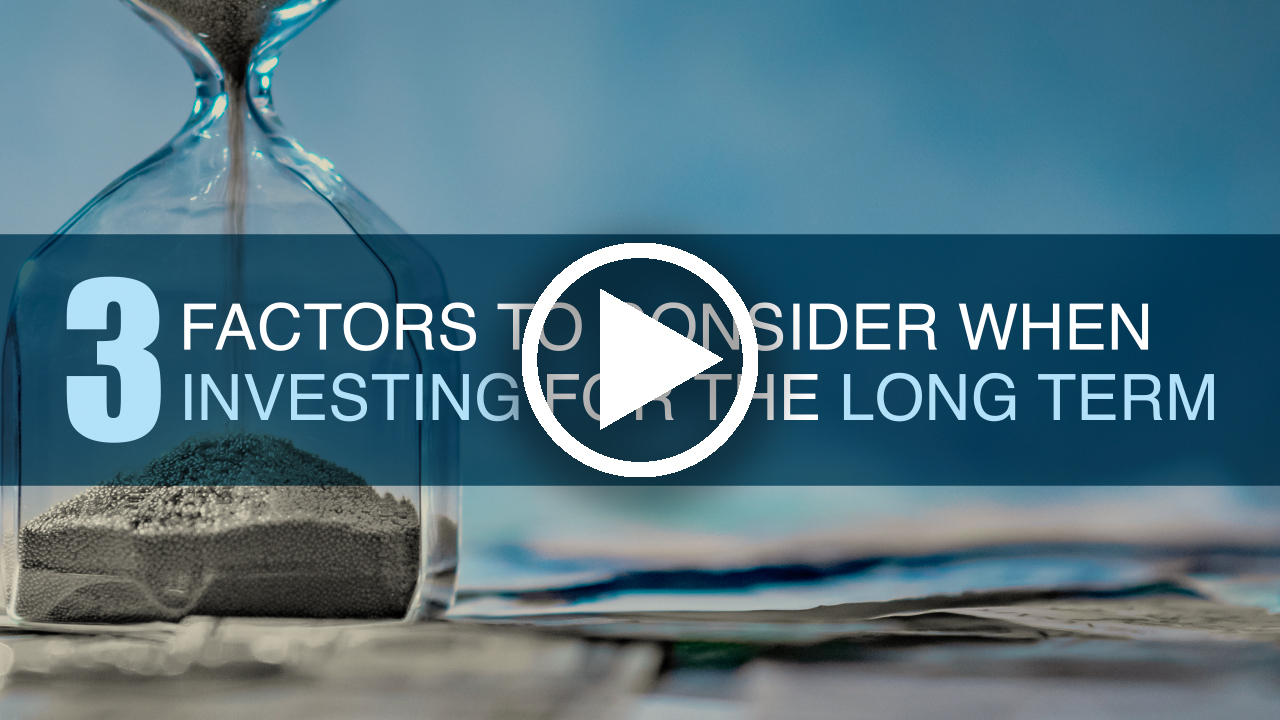
3 Factors to Consider When Investing for the Long Term
These three factors will typically drive your long-term investment strategy.
-

4 Things To Do in the 4 Years Before College
These four steps can help you go into the college planning process wisely.
-

Taking a Closer Look at Target Date Funds
How much do you know about target date funds?
-

How little things can add up over time.
-

Do You Know Who Your Beneficiaries Are?
Valuable assets will convey directly to beneficiaries, regardless of instructions in a will.





















































